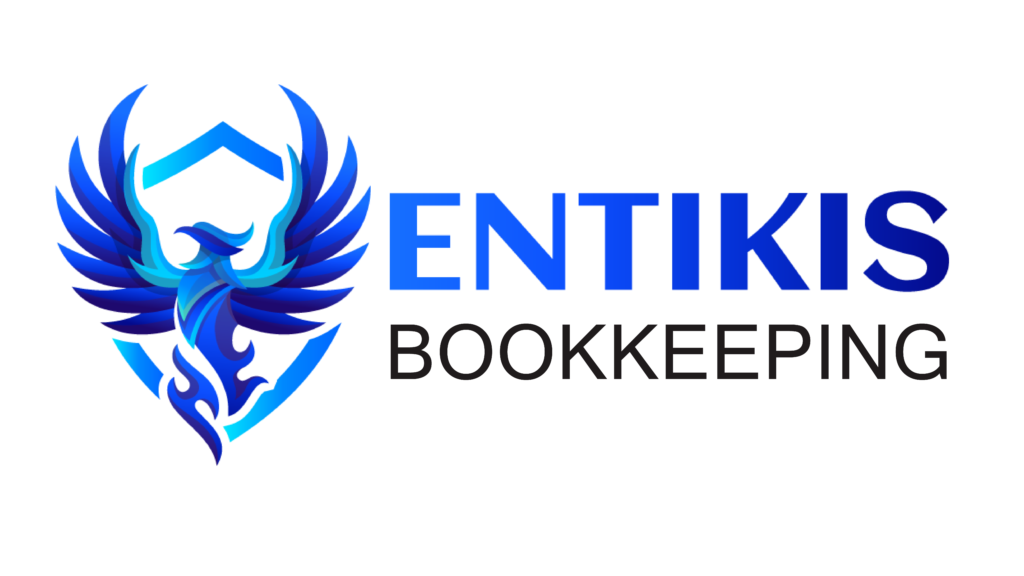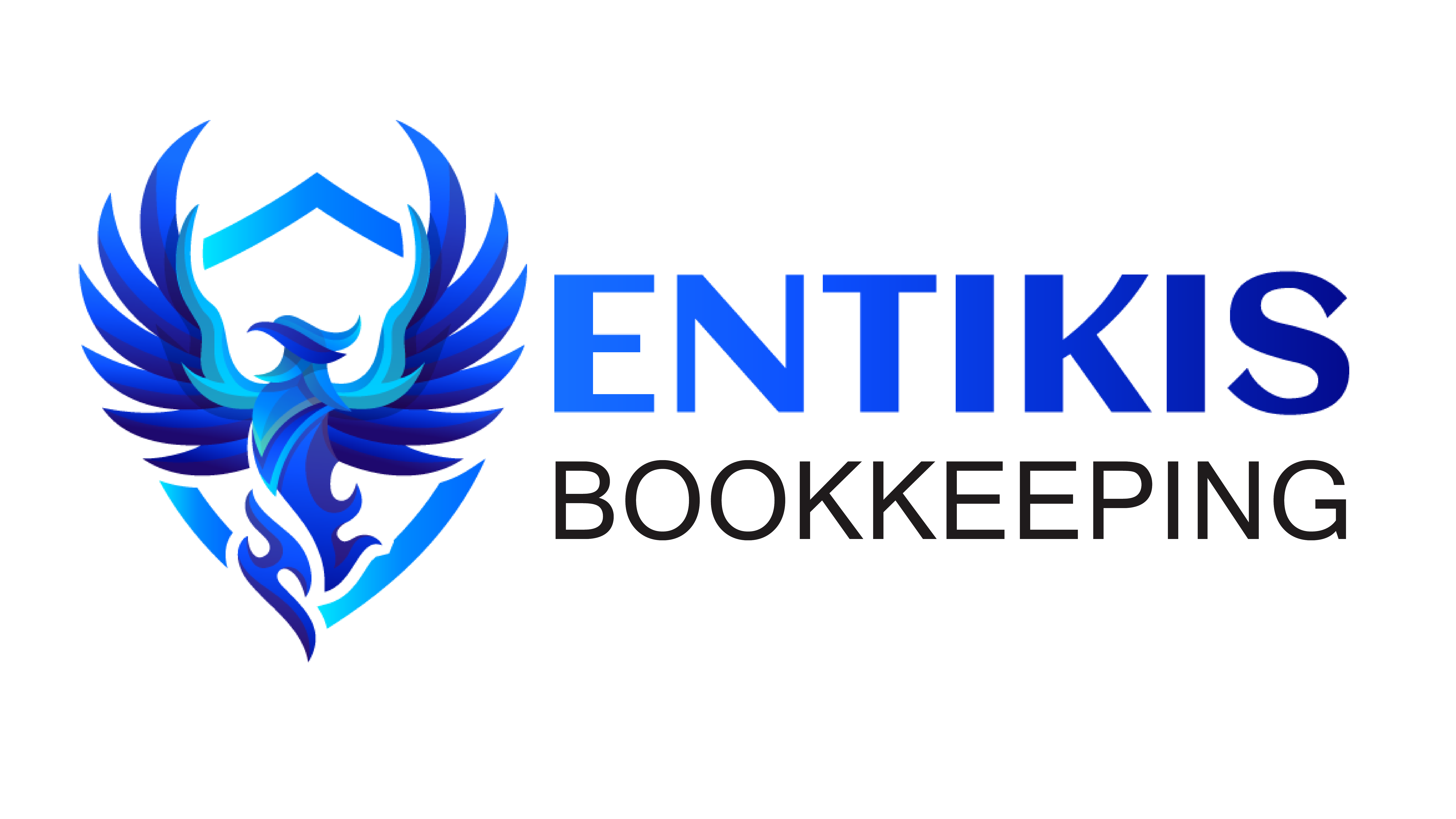
Tax season can be a stressful time for small business owners, but understanding the available deductions can help alleviate some of that anxiety. Maximizing deductions is essential for reducing taxable income and minimizing tax liability. In this guide, we’ll explore the top five tax deductions that every small business owner should be aware of.
1. Home Office Tax Deductions: Turning Your Home into a Tax Advantage
For many small business owners, especially those operating from home, the home office deduction is a valuable tax break. This deduction allows you to deduct expenses related to the business use of your home, such as mortgage interest, utilities, insurance, and maintenance costs. To qualify, your home office must be used exclusively and regularly for business purposes.
In recent years, the rise of remote work and entrepreneurship has made home offices increasingly common. What many individuals may not realize, however, is that a home office can also offer valuable tax benefits. By understanding and leveraging home office tax deductions, you can maximize your tax savings and turn your home into a significant financial advantage. In this guide, we’ll explore the ins and outs of home office deductions, including eligibility requirements, allowable expenses, and strategies for optimizing your tax benefits.
Understanding Home Office Deductions:
-
Eligibility Criteria: To qualify for home office deductions, the IRS requires that your home office be used exclusively and regularly for business purposes. This means that the space must be used solely for work-related activities and be the primary place of business or a location where you regularly meet with clients or customers.
-
Types of Expenses: Home office deductions can encompass a variety of expenses related to the maintenance and operation of your home office. This includes direct expenses, such as utilities, internet, and office supplies, as well as indirect expenses, such as mortgage interest, property taxes, and homeowners insurance.
-
Methods of Calculation: There are two primary methods for calculating home office deductions: the simplified method and the regular method. The simplified method allows you to deduct $5 per square foot of the home office space, up to a maximum of 300 square feet. The regular method involves calculating the actual expenses associated with your home office, such as utilities, insurance, and depreciation, and prorating them based on the percentage of your home used for business purposes.
Maximizing Your Home Office Deductions:
-
Keep Detailed Records: To substantiate your home office deductions in the event of an IRS audit, it’s essential to keep detailed records of your home office expenses. This includes receipts, invoices, utility bills, and any other documentation that demonstrates the business use of your home office.
-
Calculate Your Deduction Carefully: When choosing between the simplified method and the regular method, it’s crucial to calculate your deduction carefully to determine which method provides the greatest tax benefit. Depending on your specific circumstances, one method may be more advantageous than the other.
-
Claim Depreciation: If you own your home and use a portion of it for business purposes, you may be able to claim depreciation on the portion of your home used as a home office. Depreciation allows you to deduct the cost of the home office space over time, providing additional tax savings.
-
Consider Other Deductions: In addition to home office deductions, there are several other tax deductions and credits available to self-employed individuals and small business owners. Be sure to explore all available options to maximize your tax savings.
Common Misconceptions About Home Office Deductions:
-
Fear of an Audit: While some individuals may be hesitant to claim home office deductions for fear of triggering an IRS audit, the reality is that if you meet the eligibility criteria and accurately report your expenses, you should have nothing to worry about.
-
Renters Can’t Claim Deductions: It’s a common misconception that only homeowners can claim home office deductions. In fact, renters who use a portion of their rented space exclusively for business purposes can also qualify for home office deductions.
-
Home Office Must Be a Separate Room: Contrary to popular belief, a home office does not need to be a separate room to qualify for deductions. As long as the space is used exclusively and regularly for business purposes, it can be a designated area within a larger room, such as a corner of a living room or bedroom.
Conclusion:
Home office tax deductions offer a valuable opportunity for individuals and small business owners to reduce their tax liability and maximize their tax savings. By understanding the eligibility requirements, allowable expenses, and strategies for optimization, you can leverage your home office to your advantage come tax time. Whether you’re a remote worker, freelancer, or entrepreneur, home office deductions can provide significant financial benefits and help you keep more of your hard-earned money in your pocket.
2. Business Vehicle Expenses: Mileage and Beyond
If you use a vehicle for business purposes, you may be eligible for deductions related to its use. This includes deductions for mileage driven for business purposes, as well as expenses such as fuel, maintenance, insurance, and depreciation. Keeping detailed records of your business-related vehicle expenses is crucial to ensure compliance with IRS regulations.
For many businesses, vehicles are essential assets that facilitate operations, from transportation of goods to visiting clients and attending meetings. However, beyond the basic fuel and maintenance costs, there are numerous tax benefits and deductions available for business vehicle expenses. By understanding and maximizing these opportunities, businesses can significantly reduce their tax liability and optimize their financial resources. In this guide, we’ll explore the various aspects of business vehicle expenses, including mileage deductions, vehicle depreciation, and other often-overlooked tax benefits.
Mileage Deductions:
-
Standard Mileage Rate: The IRS allows businesses to deduct a standard mileage rate for the business use of vehicles. For the tax year 2022, the standard mileage rate is 58.5 cents per mile for business miles driven. This rate covers costs such as gas, oil, maintenance, depreciation, and vehicle insurance.
-
Actual Expenses Method: Alternatively, businesses can choose to deduct the actual expenses associated with vehicle use, such as fuel, maintenance, repairs, insurance, registration fees, and depreciation. While this method requires more record-keeping, it may result in a higher deduction if vehicle expenses exceed the standard mileage rate.
Vehicle Depreciation:
-
Depreciation Deduction: Businesses can also deduct depreciation expenses for vehicles used for business purposes. Depreciation represents the gradual reduction in the value of the vehicle over time and is calculated based on the cost of the vehicle, its estimated useful life, and the method of depreciation chosen.
-
Bonus Depreciation and Section 179: In addition to regular depreciation deductions, businesses may be eligible for bonus depreciation or Section 179 expensing for certain types of vehicles. These provisions allow businesses to deduct a significant portion of the vehicle’s cost in the year it is placed in service, providing immediate tax savings.
Other Tax Benefits:
-
Parking and Tolls: Businesses can deduct expenses for parking fees and tolls incurred while using a vehicle for business purposes. These expenses can add up over time and provide additional tax savings for businesses.
-
Interest on Vehicle Loans: Interest paid on loans used to purchase or finance a business vehicle is generally deductible as a business expense. This includes both the interest on the vehicle loan itself and any interest paid on a line of credit or other financing used to purchase the vehicle.
-
Lease Payments: If a business leases a vehicle rather than purchasing it outright, lease payments may be deductible as a business expense. However, the deduction may be subject to certain limitations based on the terms of the lease agreement.
Strategies for Maximizing Tax Benefits:
-
Record-Keeping: Maintaining accurate records of vehicle expenses, including mileage logs, receipts, and invoices, is essential for maximizing tax benefits and substantiating deductions in the event of an IRS audit.
-
Mixed-Use Vehicles: If a vehicle is used for both personal and business purposes, only the portion of expenses attributable to business use is deductible. Keeping detailed records of mileage and expenses allocable to business use can help maximize deductions while remaining compliant with IRS regulations.
-
Consider Alternative Vehicles: In some cases, businesses may qualify for additional tax incentives or credits for purchasing electric or hybrid vehicles. These incentives can further reduce the overall cost of vehicle ownership and provide long-term tax benefits.
Conclusion:
Business vehicle expenses offer numerous tax benefits and deductions beyond simple mileage calculations. By understanding the various components of vehicle expenses, including mileage deductions, vehicle depreciation, and other tax benefits, businesses can maximize their tax savings and optimize their financial resources. Whether it’s deducting actual expenses, claiming depreciation deductions, or taking advantage of other tax incentives, strategic planning and record-keeping are essential for maximizing the tax benefits associated with business vehicle expenses. By leveraging these opportunities, businesses can reduce their tax liability and enhance their overall financial position.
3. Health Insurance Premiums: Tax Benefits for Small Business Owners
Small business owners who pay for their own health insurance premiums may be able to deduct these expenses from their taxable income. This deduction is particularly valuable for self-employed individuals, as it allows them to deduct 100% of their health insurance premiums, subject to certain limitations. Eligible premiums may include medical, dental, and long-term care insurance for yourself, your spouse, and your dependents.
4. Retirement Plan Contributions: Saving for the Future, Saving on Taxes
Contributing to a retirement plan is not only a smart financial move but also a tax-efficient strategy for small business owners. Contributions to retirement plans such as SEP-IRAs, SIMPLE IRAs, and solo 401(k)s are typically tax-deductible, allowing you to lower your taxable income while saving for your future. Additionally, these contributions can grow tax-deferred until retirement, providing further tax benefits over the long term.
Retirement plan contributions not only serve as a crucial tool for saving for the future but also offer significant tax benefits for individuals and small business owners alike. By contributing to retirement plans, individuals can build a nest egg for retirement while simultaneously reducing their current tax liability. Let’s explore the tax benefits associated with retirement plan contributions and how they can help individuals and small business owners save for the future while saving on taxes.
Individual Retirement Accounts (IRAs):
-
Traditional IRA Contributions: Contributions to traditional IRAs are tax-deductible, meaning that individuals can deduct the amount of their contributions from their taxable income, reducing their overall tax liability for the year. For the tax year 2022, individuals can contribute up to $6,000 to a traditional IRA ($7,000 if age 50 or older), with contributions potentially fully deductible depending on factors such as income and participation in an employer-sponsored retirement plan.
-
Roth IRA Contributions: While contributions to Roth IRAs are not tax-deductible, the earnings grow tax-free, and qualified withdrawals in retirement are also tax-free. Roth IRAs offer tax-free growth potential, making them an attractive option for individuals who anticipate being in a higher tax bracket in retirement or who want to diversify their tax treatment in retirement.
Employer-Sponsored Retirement Plans:
-
401(k) Contributions: Employer-sponsored 401(k) plans allow employees to make pre-tax contributions, reducing their taxable income for the year. In addition to the tax-deferred growth of contributions within the plan, employers may also match a portion of employee contributions, further increasing retirement savings. For the tax year 2022, employees can contribute up to $20,500 to a 401(k) plan ($27,000 if age 50 or older).
-
SEP-IRA and SIMPLE IRA Contributions: Small business owners can also take advantage of retirement plan options such as Simplified Employee Pension (SEP) IRAs and Savings Incentive Match Plan for Employees (SIMPLE) IRAs. Contributions to these plans are tax-deductible for the business, providing tax savings while helping employees save for retirement.
Tax Planning Considerations:
-
Maximizing Contributions: Individuals and small business owners should strive to maximize their retirement plan contributions each year to take full advantage of the tax benefits and build a substantial nest egg for retirement.
-
Tax Deferral vs. Tax-Free Growth: Consider the trade-offs between tax-deferred contributions and tax-free growth when choosing between traditional and Roth retirement accounts. Factors such as current tax rates, anticipated future tax rates, and retirement income needs should be taken into account.
Long-Term Financial Security:
-
Retirement Savings Goals: Contributing to retirement plans not only offers immediate tax benefits but also helps individuals and small business owners work towards long-term financial security. By saving consistently for retirement, individuals can build a nest egg that provides income and financial stability in their later years.
-
Employer Contributions: Employers who offer retirement plan benefits can attract and retain top talent while also helping employees save for retirement. Matching contributions and other employer contributions can significantly boost retirement savings and provide valuable incentives for employees to participate in the plan.
Conclusion:
Retirement plan contributions offer valuable tax benefits for individuals and small business owners, allowing them to save for the future while reducing their current tax liability. Whether through traditional or Roth IRAs, employer-sponsored 401(k) plans, or other retirement plan options, individuals can take advantage of tax-deferred or tax-free growth to build a substantial nest egg for retirement. By maximizing contributions and considering long-term financial goals, individuals and small business owners can achieve greater financial security and peace of mind in retirement.
Lorem ipsum dolor sit amet, consectetur adipiscing elit. Ut elit tellus, luctus nec ullamcorper mattis, pulvinar dapibus leo.
5. Business Expenses: Deducting the Costs of Doing Business
Deducting business expenses is a fundamental aspect of tax planning for businesses. By deducting eligible expenses, businesses can lower their taxable income and reduce their overall tax liability. Common deductible business expenses include rent, utilities, office supplies, advertising, travel expenses, and professional fees. However, it’s essential to keep accurate records and ensure that expenses meet IRS guidelines for deductibility. By leveraging deductions effectively, businesses can maximize their tax savings and improve their financial bottom line.
Finally, don’t overlook the deductions available for ordinary and necessary business expenses. This includes a wide range of expenses such as office supplies, equipment, advertising, professional services, and travel expenses. Keeping detailed records of these expenses throughout the year is essential to ensure that you capture all eligible deductions come tax time.
Maximizing Tax Savings Through Strategic Deductions
By taking advantage of these top five tax deductions, small business owners can significantly reduce their tax liability and keep more of their hard-earned money in their pockets. However, navigating the complexities of tax law requires careful planning and attention to detail. Consult with a qualified tax professional or bookkeeping firm to ensure that you’re making the most of available deductions and staying compliant with IRS regulations. With strategic tax planning and a thorough understanding of deductible expenses, you can minimize your tax burden and achieve greater financial success as a small business owner.
If You Are Looking For Professional Bookkeeping Services, Please Contact Us At Admin@Entikis.Com And 817-415-1715 To Learn More About How Entikis Bookkeeping Can Support Your Journey To Success! Located At 640 Taylor St Suite , Fort Worth, TX, United States, Texas. We Offer Professional Bookkeeping Services For Businesses In The Burleson, Fort Worth And The Surrounding Tarrant County Metroplex.Located at 640 Taylor St Suite , Fort Worth, TX, United States, Texas.




